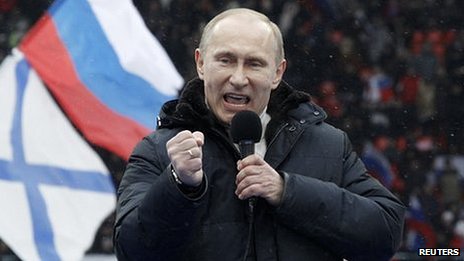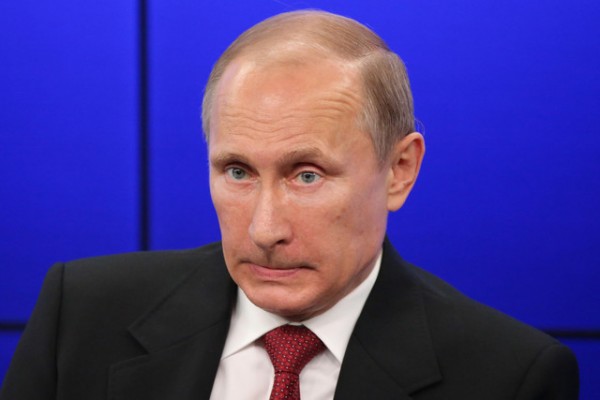
- The party associated most closely with Russian President Vladimir Putin has lost support.
- A new pension policy, fronted by Putin, has angered may Russian voters.
- One forecaster has suggested new bases of power could spring up away from the Kremlin.By
Russia’s main political party performed poorly in September’s local elections, losing out in four regional governor run-offs.
While not directly connected to President Vladimir Putin, United Russia (UR) is the ruling party of the Russian Federation and holds the most seats in the country’s parliament, the State Duma. UR supports the president’s policies and is chaired by Putin ally and prime minister, Dmitry Medvedev.
But, as the local elections revealed, the party is losing public support that it once enjoyed.
“People [in Russia] are starting to be aware more that their standard of living has gone backwards relative to 2014,” Daragh McDowell, the principal analyst for Europe and Central Asia at Verisk Maplecroft, told CNBC on Wednesday.
McDowell said an ongoing sense that living standards have been slipping was enough to spark real anger when the Russian government announced changes to retirement ages earlier this year.
On Wednesday, Putin signed into law a bill that raised the retirement age for women from 55 to 60, and from 60 to 65 for men. In a country where the average life expectancy for a man is only 67, the decision has led to street protests.
McDowell said Putin himself had been forced to throw his weight behind the changes.
“There has been a political calculation that he is still the most popular politician in Russia, still the most influential, and he has to carry this ball over the line. But it is burning up a lot of his political capital,” McDowell said.
The analyst added that until now United Russia and Putin were viewed as “semi-detached,” but now they are linked in the public imagination as jointly driving an austerity policy.
Putin won his latest six-year term in March, ensuring his grip on power will last until the next set of elections in 2024. But Russia’s economy remains in low gear, expanding at a rate of around 2.5 percent.
It is this slow growth and an increasing lack of political control that has led McDowell to suggest that the Kremlin’s influence over the vast country could be on the wane. The analyst further suggested that Putin’s “vertical of power,” where there is a direct chain of command down to regional governors, will soon no longer be viable.
McDowell said that while a truly federal Russia looks improbable any time soon, it is easy to imagine more power being spread to political and business networks based in Siberia and the Far East, where they can be independently funded by oil and minerals.
“If the regions can muster the strength to force a new deal with the center, then we can ask what their priorities are after that and how competent they can be in fulfilling them,” he said, before adding: “Those are questions that are difficult to answer right now, but it is a possible future.”
McDowell said in a September note that should Putin’s power dwindle within Russia, then the “investing and operating environment will become increasingly fragmented across different regions.”
The analyst said that those investors seeking to do business in the country would need to look beyond the Kremlin and forge new relationships with regional elites and governors.
On Putin’s eventual succession, McDowell said it was intentional that there was no obvious candidate at this stage who might disrupt his image as the only man for the job.
“Even when we talk about potential candidates, we are still in the very early stages. It is not like (Barack) Obama in 2005 when you could say, ‘Oh, that’s a guy who might be able to do it.’ Nobody has set out their stalls.”
CNBC


Leave a Reply
You must be logged in to post a comment.